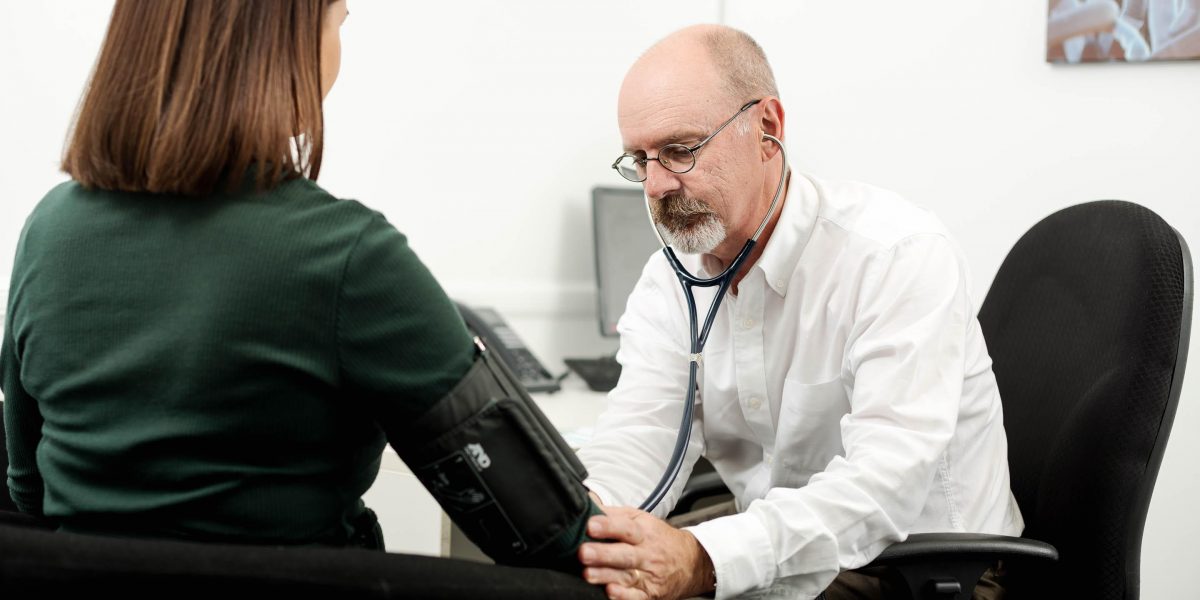Joint Replacement Surgery
The anaesthetic techniques used for major joint replacements are spinal, epidural, general anaesthesia and peripheral nerve blocks; in some cases a combination of these. You need to discuss which method will be used on you depending on:
- Medical history
- Your general health
- Risk factors
- You and your Anaesthetists’ preferences
- Type of procedure
Spinal Anaesthesia
This requires an injection of local anaesthetic into the fluid of the spinal canal. This anaesthetic temporarily alters the way the spinal nerves work and there is no pain felt from the waist down. This procedure can last for several hours and may also be used with a general anaesthetic. Morphine can be added to provide long lasting pain relief post-operatively.
General Anaesthesia
General anaesthesia is used if other methods described are not suitable, if the operation is complicated or if the patient has a preference for being anaesthetised.
Nerve Block
This is where local anaesthetic is injected to block the nerves that supply the operative area. Nerve blocks are often combined with general or spinal anaesthesia to provide excellent long lasting pain relief.
Epidural Anaesthesia
An epidural is the injection of an anaesthetic drug into the lower back by injecting local anaesthetic under the skin. The epidural is performed by the use of a thin soft tube (catheter) being inserted via an epidural needle through the spinal ligaments between two vertebrae. The needle is removed and the catheter is left in place. The anaesthetic is given gradually as required to control the pain.
Spinal and epidural anaesthetics by themselves do not cause drowsiness but can be used in conjunction with intravenous sedation.
Prior to Surgery
Make sure you advise your Anaesthetist of any previous complications with anaesthetic, any allergies, medical history and any medical illness you may have.
Side Effects of Anaesthesia
Side effects can include:
- Nausea and vomiting
- Drop in blood pressure
- Problems passing urine
- Pain and bruising
- Blood clots
You are encouraged to discuss side effects with your Anaesthetist on the day of your procedure.
